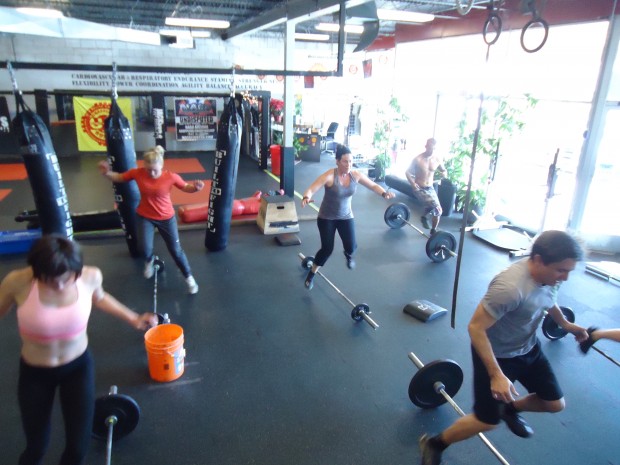
Let’s do a breathing exercise together. Try to breathe from your diaphragm(your belly will expand as you inhale.)
Slowly breathe in to the count of 4 seconds. 1, 2, 3, 4.
Hold that breath for 4 seconds. 1, 2, 3, 4.
Slowly breathe out to the count of 4 seconds. 1, 2, 3, 4.
Hold empty for 4 seconds. 1, 2, 3, 4.
Repeat 2-3 more times.
This is called Tactical Breathing and its a technique that soldiers, policemen, firefighters, etc. use to handle stressful situations. Popularized by Lt. Col. Dave Grossman in his book On Combat: The Psychology and Physiology of Deadly Conflict in War and Peace, tactical breathing stifles the adrenaline response to stressful situations by calming you down and slowing your heart rate.
Your autonomic nervous system is a control system for a lot of subconscious processes in your body. Processes like digestion, sexual arousal, perspiration, regulating body temperature, salivation, and breathing. Breathing happens whether we’re paying attention to it or not but we can exert conscious control over it. As it turns out, control over our breathing gives us control over our autonomic nervous system.
Under stress, when our heart rate gets revved up high some physiological responses start happening. Everyone’s body is a little different, but at around 115 heartbeats per minute you start to lose fine motor skills. At 145 bpm (beats per minute) you lose complex motor skills and at around 175 bpm your memory, hearing, and vision all start to go. So where does breathing come in? Normally, stress and fear trigger your breathing to be quick and shallow to grab as much oxygen as quickly as possible. Tactical breathing interrupts these processes, calming you down from Full Alert.
Before a competition, before a big test, before an interview, during a workout…any time you feel a stress response. Practice it throughout your day, its as easy as breathing and takes no time at all. Try to lengthen the count of your breathing inhale for six seconds or repeat five to six times. Find what works for you, the more you practice when you aren’t in a stressful situation the more effective it will be when you need it.
I like techniques that will work regardless of the situation. Tactical breathing works for soldiers in combat situations and first responders heading into disaster situations or in other words the worst case scenarios. So if tactical breathing allows people to handle that level of stress it can work for the stress in every day life.
-Conrad